People
Interested in joining the lab?
Please contact Karen Maruska via email to discuss potential openings and current research projects. Prospective graduate students and postdocs should also send a statement of research interests and current CV. Prospective undergraduate researchers should be able to commit a minimum of 2 academic semesters (preferably a full calendar year) to working in the lab.

Karen Maruska (Principal Investigator)
email: kmaruska@lsu.edu | Google Scholar Profile
Karen is currently an Associate Professor in the Department of Biological Sciences
at LSU. She graduated with a B.S. degree from University of New Hampshire, and then
got her M.S. degree at Florida Tech and Ph.D. degree at University of Hawaii working
with Tim Tricas. She then did a Grass Fellowship in Neuroscience at the Marine Biological
Lab in Woods Hole with Al Mensinger, and was a NIH postdoctoral scholar with Russ
Fernald at Stanford University. Her research has used fishes as vertebrate models
to study how sensory systems function, how hormones influence sensory processing,
how animals communicate, and how the social environment influences behavior, brain
function, and reproductive capacity.
Graduate Students & Postdocs

Teisha King (PhD Student; co-advised by Jeremy Brown)
email: tking21@lsu.edu
For organisms living in dominance hierarchies, social status determines accessibility to resources and reproductive success. Social status is often established based on the organisms’ environment and physiology, which can be disrupted when they encounter a pathogen. In such situations, the proper amounts of energy must be allocated to respective biological systems to ensure the survival. My research explores how an immune challenge affects behavior and physiology across social status and reproductive state. I am also interested in identifying how the immune system influences speciation rates of cichlid species. This research will expand our understanding of neuro-immune interactions and the importance of the immune system and reproductive fitness in the diversification of species.
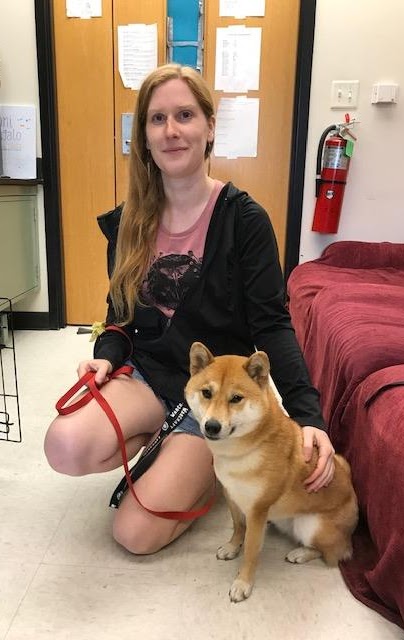
Rose Wayne (PhD Student)
email: cwayne1@lsu.edu
Social defeat models for studying PTSD are commonly used in mammals such as rats and hamsters where subjects are exposed to and suppressed by a single aggressor animal. My research aims to show that repeated social defeat of dominant A. burtoni males can also induce behavioral phenotypes exhibiting core aspects of human PTSD, therefore making them useful as a new model organism in this context. A secondary focus of my research is to participate in science-art community outreach by creating a comic book based on research from our lab. The goal is to make science more fun, transparent, and accessible to the general public.

Chase Anselmo (MS Student)
email: cansel5@lsu.edu
In a world filled with friendly neighbors and deadly predators, animals rely on visual information to interpret their physical and social environments. In the social fish, A. burtoni, reproductive males have bright coloration compared to reproductively inactive, drab colored males, signaling their social and reproductive state. When A. burtoni females cycle into reproductive readiness, their eyes become more sensitive to male-typical colors, potentially allowing them to better receive male reproductive visual signals. I'm investigating how reproductive hormones might allow females to cyclically adjust their visual sensitivity across the reproductive cycle. A secondary project of mine is investigating the role of water movements detected by the lateral line system in reproductive communication.
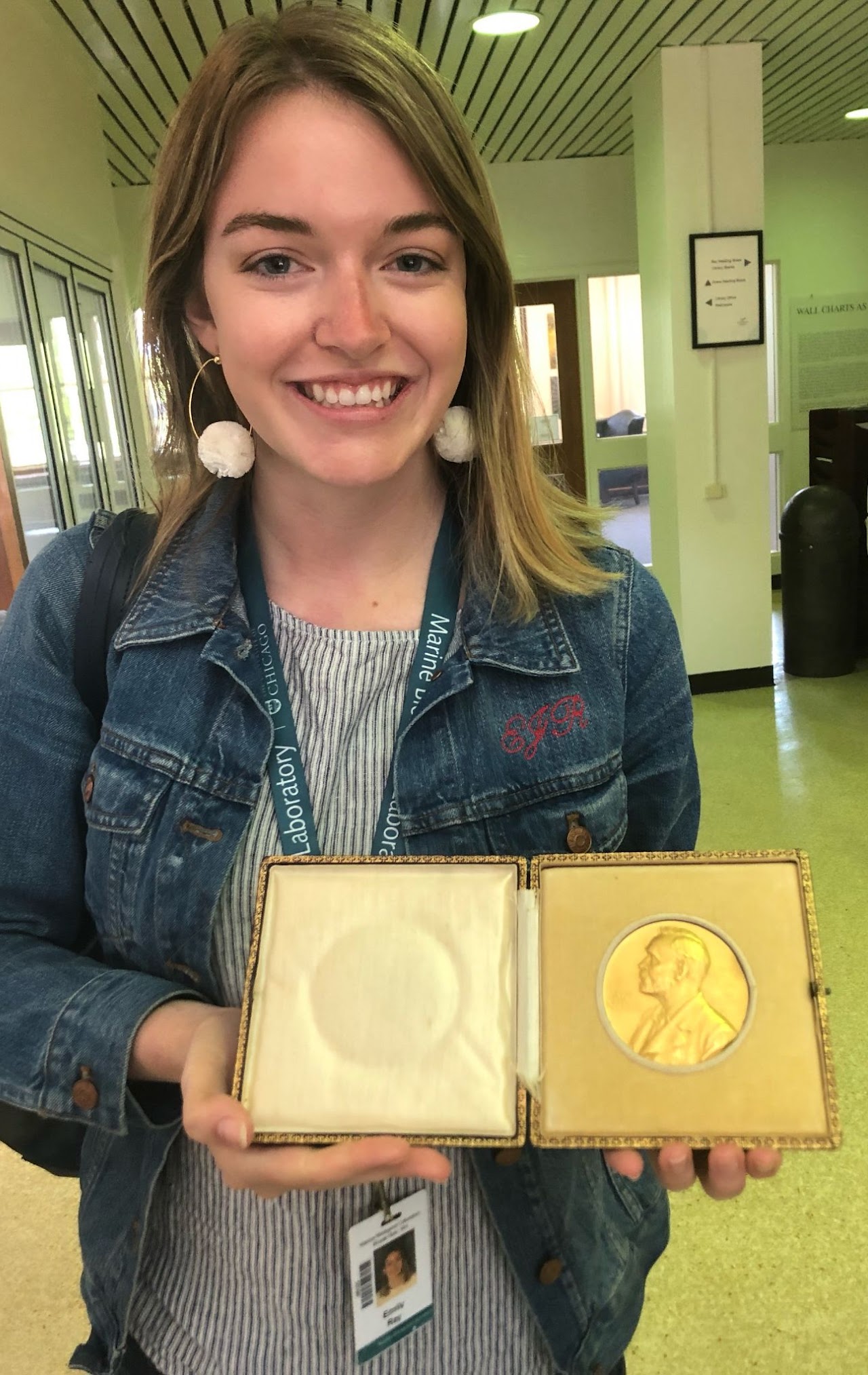
Emily Ray (PhD Student)
email: eray8@lsu.edu
Filial cannibalism occurs when a parent consumes their offspring and is present in a range of taxa. Filial cannibalism and parental care can co-exist and be mutually beneficial in a single species. A. burtoni females provide maternal care by protecting fry in their mouths when threatened. However, adult A. burtoni also cannibalize fry, and how filial cannibalism is suppressed during the maternal care period is unknown. My research aims to identify how filial cannibalism is triggered or suppressed to prevent it from occurring in non-adaptive situations.
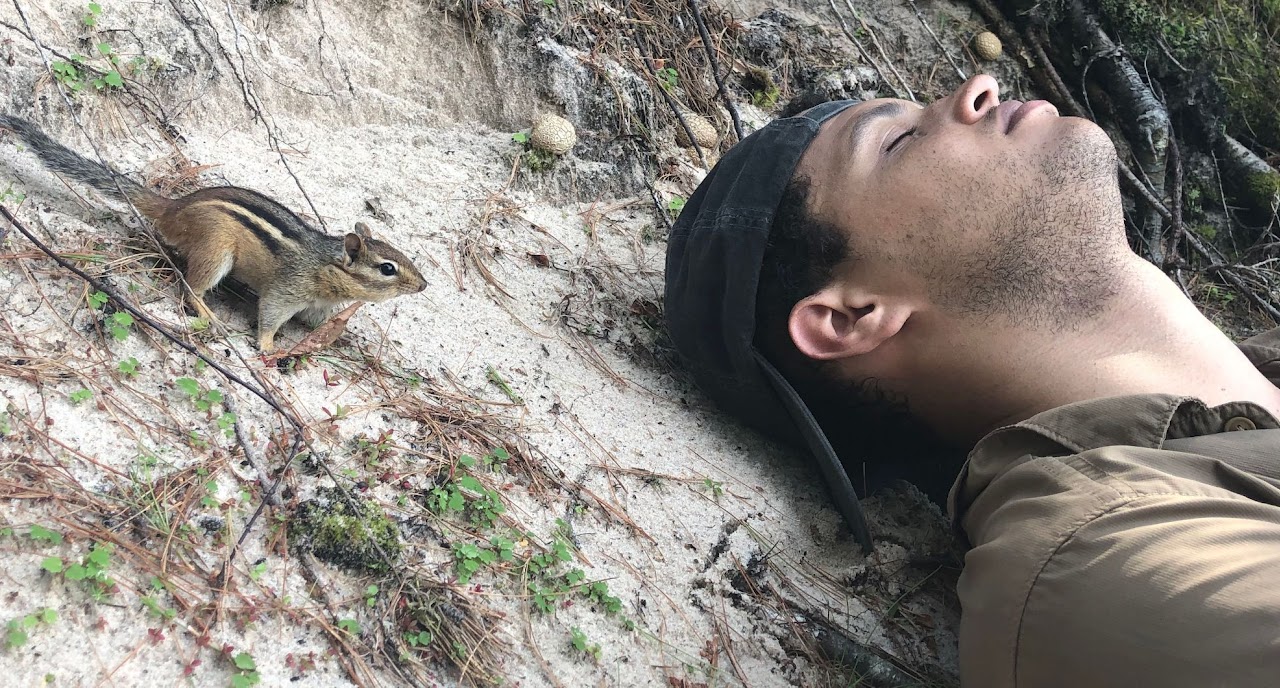
Dr. Robert Mobley (Postdoc)
email: rmobley@lsu.edu
Robert graduated with a B.S. in Biology from University of California, Riverside, and completed a dual Ph.D. degree in Zoology and Ecology, Evolutionary Biology & Behavior from Michigan State University, studying the evolution of sensory systems in sticklebacks. He is currently and NSF Postdoctoral Research Fellow in Biology, studying the impacts of temperature on the expression of the vertebrate morphogen sonic hedgehog on brain development, and the long-term consequences on sensory biology and reproductive behaviors in cichlid fish.
Current Research Personnel
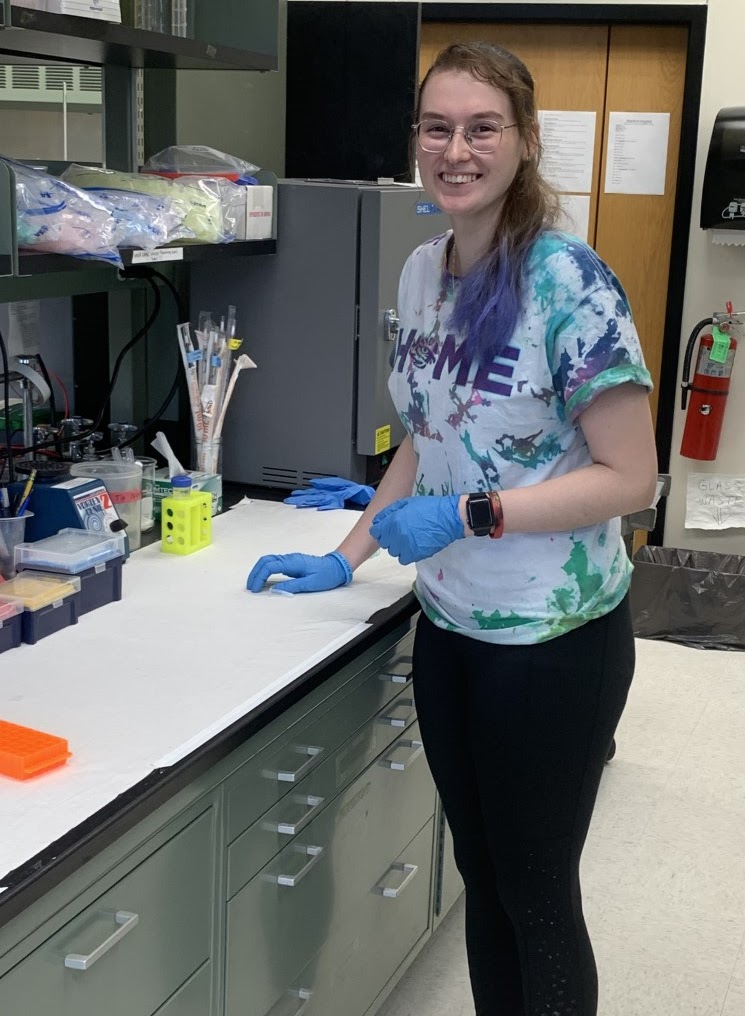
Tab Henry
Honors College,
Undergraduate Researcher
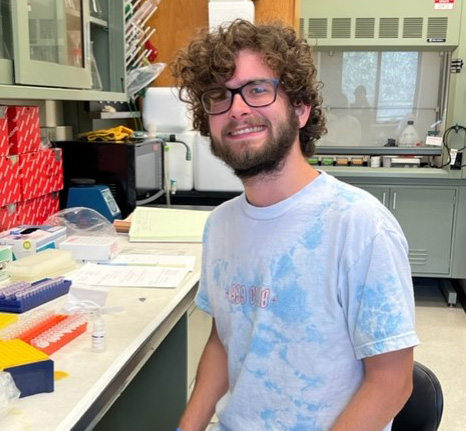
Connor Carbine
Undergraduate Researcher
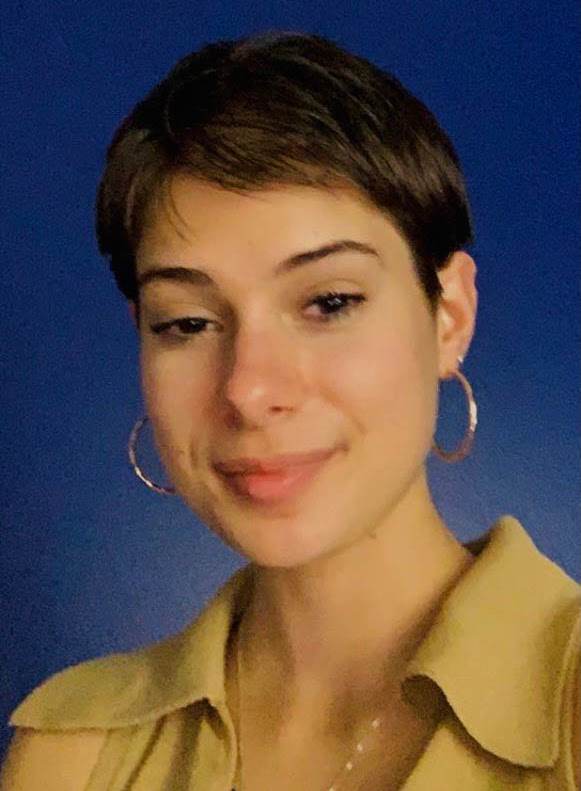
Marie Drozda
Honors College,
Undergraduate Researcher

Abby Rink
Honors College,
Undergraduate Researcher

Alora Mclnnis
Undergraduate Researcher

Vy Nguyen
Undergraduate Researcher

Taylor Copelin
Undergraduate Researcher

Madeleine Richard
Undergraduate Researcher

Hunter Dunn
Undergraduate Researcher
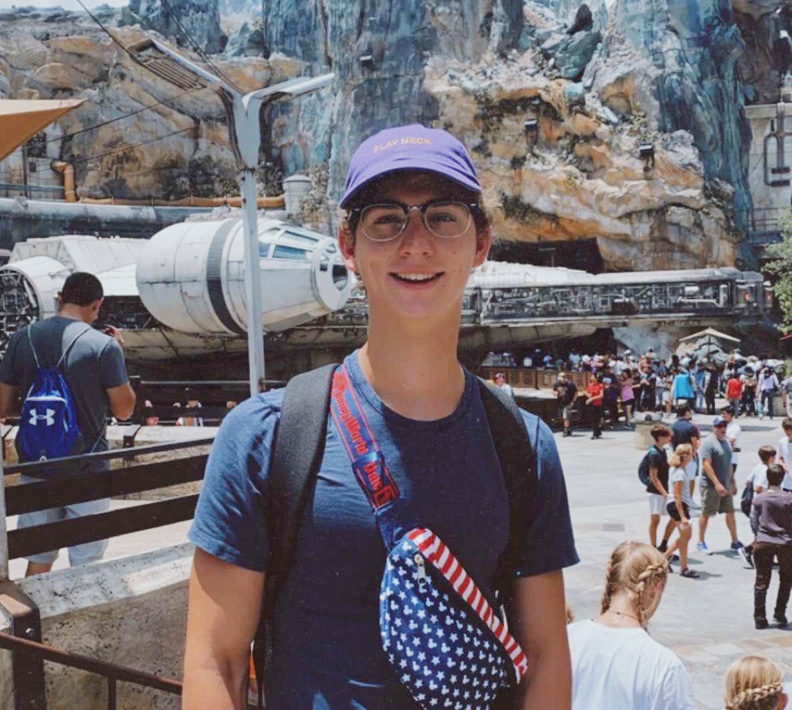
Andrew Daigle
Undergraduate Researcher

Cate Arms
Honors College, Undergraduate Researcher
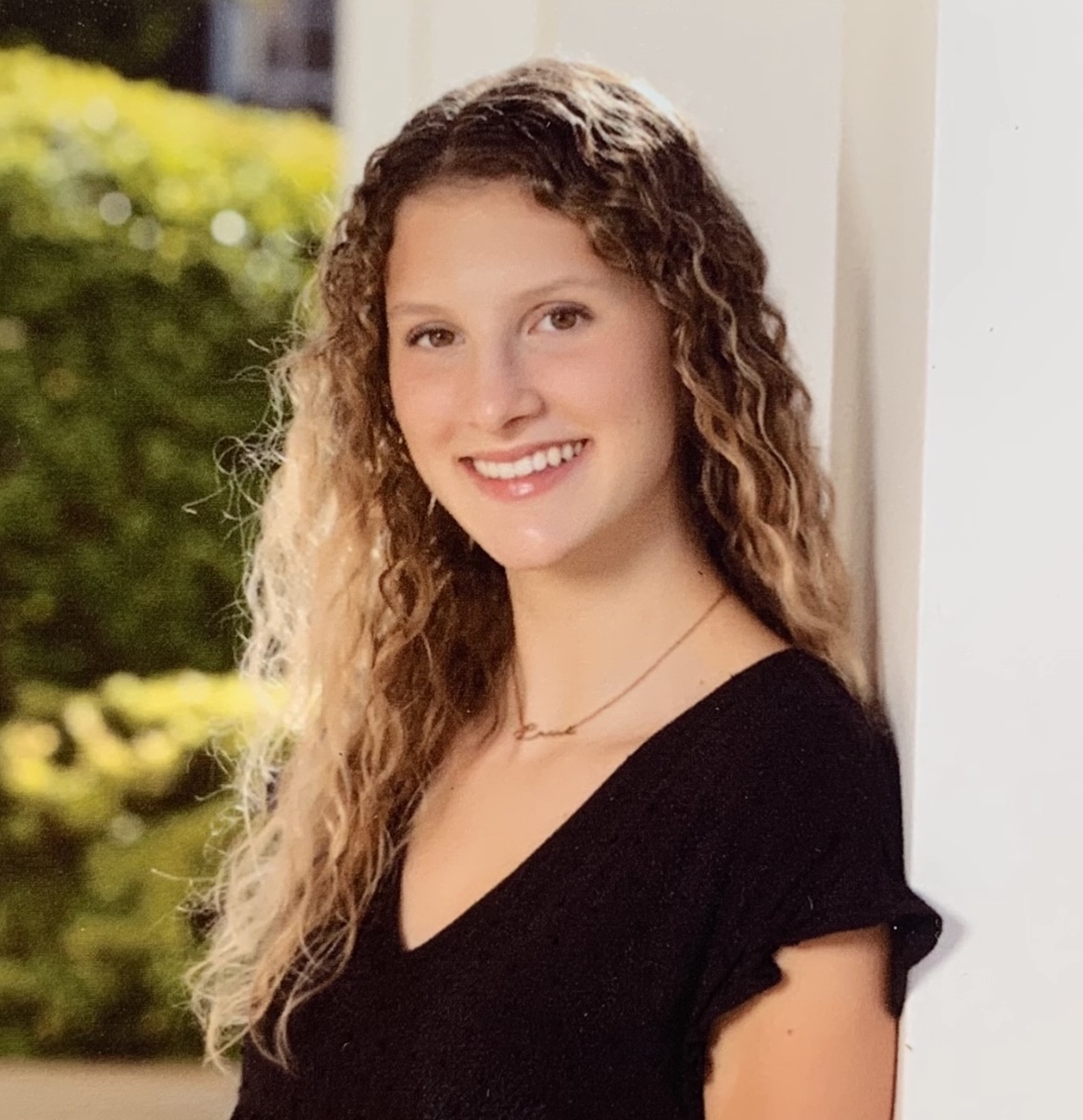
Lucia O'Byrne
Honors College, Undergraduate Researcher
Graduate Student Lab Alumni
 Saachi Chugh (M.S. 2022)
Saachi Chugh (M.S. 2022)
Although feeding and reproduction are fundamental and interconnected processes in all mammals, a trade-off exists between feeding and reproduction. For example, pregnant mammals consume more food to support the developing young, while some fishes, birds, amphibians, and reptiles consume less food during parental care. There is a plethora of signaling molecules which help in regulating this trade-off. My research focused on the role of a fairly new signaling molecule, nesfatin-1 encoded by the nucleobindin-2 gene, in the feeding and reproductive circuits of the maternal mouthbrooding cichlid fish.
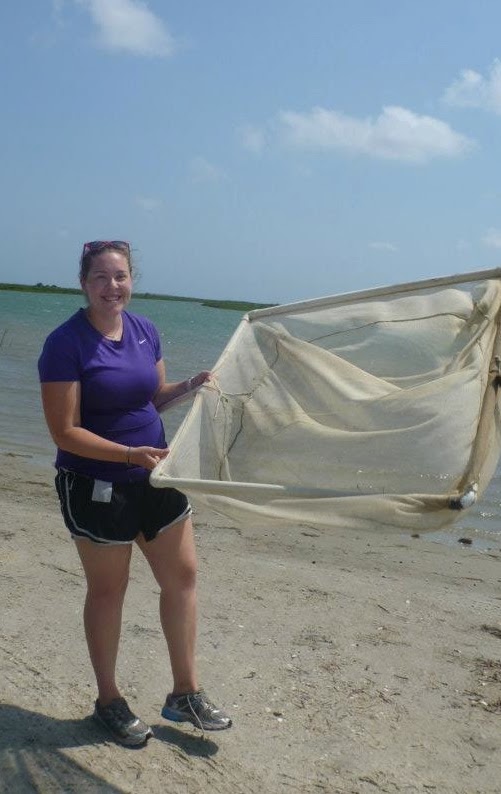
Julie Butler, Ph.D. (PhD 2019)
Acoustic signaling is fundamental to communication and crucial for reproductive and territorial behaviors in many species. My research examines the impact of human made noises (e.g. shipping, oil exploration, sonar) on fish behavior, reproduction, and acoustic communication. By mimicking a noisy underwater environment, my research aims to understand how fish cope with the increasing underwater noise levels. In addition, I am interested in the role of the lateral line system during social interactions, and how information gained through mechanoreception may influence social decision. Julie went on to a postdoc position at Stanford University.f

Karen Field, Ph.D. (PhD 2018)
Olfaction is phylogenetically among the oldest senses in vertebrates, but there is still a paucity of information on how chemosensory signals released during reproduction are perceived and processed in higher brain centers, especially in fishes. My research investigated how chemosensory signals might be integrated with other senses and with an animal’s own internal physiological state to help make behavioral decisions using the African cichlid, Astatotilapia burtoni. Karen is Associate Director of Scientific Proposal Writing at Precision Medical Group in Houston, TX.

Danielle Porter (M.S. 2015)
Danielle worked on the neural basis of mouthbrooding in A. burtoni, by examining localization patterns, cell sizes, and gene expression of candidate anorexigenic (POMC, CART) and orexigenic (AgRP, NPY) neurons in the brain of mouthbrooding and gravid sexually-receptive females. Danielle went on to a PhD program at the University of Mississippi Medical Center.
Lab Alumni
| Student/Personnel | Lab Position and Years | Where did they go? |
|---|---|---|
| Evan Dore | Undergraduate Honors Thesis, 2019-2022 | |
| Hyerin Jeong | Undergraduate Honors Thesis, 2019-2022 | |
| Braden Delanzac | Undergraduate Researcher, 2019-2022 | |
| Ava Karam | Undergraduate Researcher, 2020-2021 | LSUHSC New Orleans, Medical School |
| Jonathan Tabora | Undergraduate Researcher, 2020-2021 | |
| Mark Maier | Undergraduate Honors Thesis, 2019-2020 | LSUHSC New Orleans, Medical School |
| Erandi Herath | Undergraduate Honors Thesis, 2019-2020 | LSUHSC Shreveport, Medical School |
| Adam Zulli | Undergraduate Researcher, 2018-2020 | |
| Ross Calhoun | Undergraduate Researcher, 2019-2020 | |
| Ian Hill | Undergraduate Honors Thesis, 2019-2020 | LSUHSC Shreveport, Medical School |
| Cy Bryson | Undergraduate Researcher, 2018-2019 | LSU School of Veterinary Medicine |
| Ganga Tandukar | LBRN Summer Undergraduate Researcher, 2019 | University of Louisiana, Monroe |
| Sarah Whitlow | Undergraduate Researcher, 2016-2019 | Loyola University of New Orleans, Pre-Health Post Bac. Program |
| Chase Anselmo | Undergraduate Honors Thesis, 2017-2019 | LSU Department of Biological Sciences |
| Ainsley Mann | Undergraduate Researcher, 2018-2019 | University at Buffalo, Jacobs School of Medicine and Biomedical Sciences |
| Brandon Tramontana | Undergraduate Researcher, 2016-2019 | Duke University, Biomedical Engineering Program |
| Alexandre Nikonov, PhD | Senior Research Associate, 2015-2018 | |
| Arohan Rimal | LBRN Summer Research Program, 2018 | University of Louisiana, Monroe |
| Ashley Augustus | IMSD Undergraduate Researcher, 2015-2018 | |
| Makayla Voss | Undergraduate Researcher, 2016-2018 | |
| Victoria Huynh | Undergraduate Researcher, Honors Thesis, 2016-2018 | LSUHSC New Orleans, Medical School |
| Alabel Olinde | Undergraduate Researcher, 2018 | Medical Sciences Program, Mississippi College |
| Adaoma Ngari | Undergraduate Researcher, 2016-2017 | Meharry Medical College |
| Austin Nguyen | Undergraduate Researcher, 2017-2018 | |
| Tyler Causey | Undergraduate Researcher, 2017 | |
| David Roberts | Research Associate, 2015-2017 | LSUHSC New Orleans, Medical School |
| Chris Forester | LBRN Summer Research Program, 2017 | Louisiana Tech |
| Donald Lamotte | Undergraduate Researcher, 2016-2017 | |
| Daniel Vilchez | Undergraduate Researcher, 2015-2017 | Georgetown University, Masters in Physiology Program |
| Kara Johnson | LSU-HHMI Undergraduate Researcher, 2015-2017 | |
| Maddy Shannon | Undergraduate Researcher, 2015-2017 | LSUHSC New Orleans, Medical School |
| Zaida Salame | Undergraduate Researcher, 2016-2017 | |
| Charles de Boisblanc | Undergraduate Researcher, LSU-HHMI, 2014-2016 | LSUHSC New Orleans, Medical School |
| Joshua Campbell | Undergraduate Researcher, 2015-2016 | LSU Chemical Engineering Program |
| Christopher McVicker | Undergraduate Honor's Thesis, 2014-2016 | LSUHSC Shreveport, Medical School |
| Polly Gwan | Undergraduate Researcher, 2014-2016 | Medical Sciences Program, Mississippi College & LSUHSC New Orleans, Medical School |
| Vincent Tran | Post-Bac Researcher, 2015 | UT Austin Graduate Program, Statistics |
| Alex Manning | Post-Bac Researcher, 2014-2015 | LSUHSC School of Public Health Graduate Program |
| Lloyd Moffett | Undergraduate Researcher, 2014-2015 | |
| Haley Pilet | Undergraduate Researcher, 2014-2015 | LSUHSC Shreveport, Medical School |
| Charly Brooks | LSU-HHMI Undergraduate Researcher, 2014 | LSU School of Veterinary Medicine |
| Macy Guthrie | BRCC-HHMI Undergraduate Researcher, 2014 | |
| Kelsey Hershey | Undergraduate Researcher, SURE award, 2012-2014 | LSUHSC, New Orleans, Medical School |
| Montana McKay | Undergraduate Researcher, 2013-2014 | PA School, University of Texas Southwestern Medical Center |
| Kenny Kingston | Undergraduate Researcher, 2013-2014 | Ross School of Veterinary Medicine |
| Sudarshan Thapa | Undergraduate BIOL 3999, 2013 | Graduate program, Biological Sciences, LSU |
| Kristi Harrison | Undergraduate Researcher; 2012-2013 | PA School, LSU Shreveport |
| Anupa Prajapati | Undergraduate LBRN-HHMI researcher, summer 2013 | Medical Technologist, Cambridge Health Alliance, MA. |